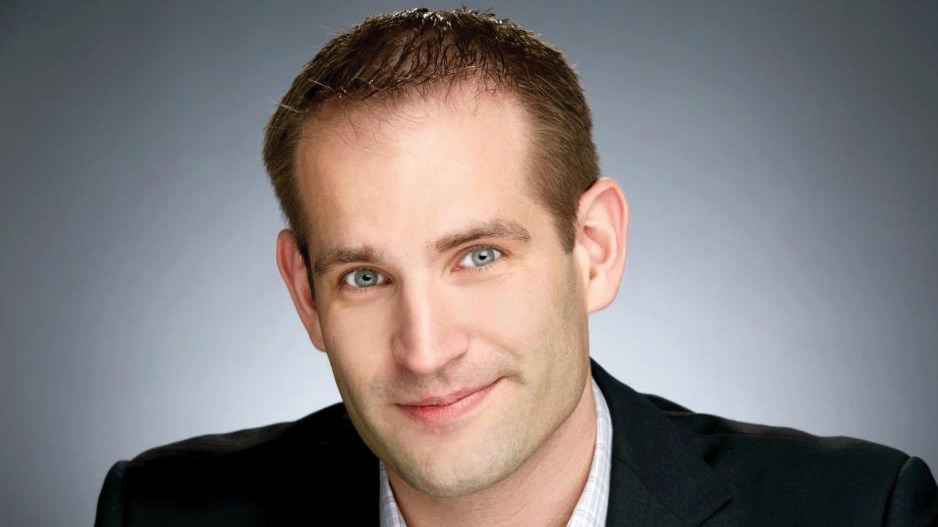Much has been made in the past weeks about cyberattacks between countries as the Russian invasion of Ukraine continues to unfold and the fear those attacks could expand elsewhere.
But it's not a fear people should buy into, according to Derek Manky, chief security strategist and vice-president of global threat intelligence for FortiGuard Labs.
People need to be aware of the world around them and take common-sense precautions, he tells Glacier Media.
Manky said people should be concerned about the multiple forms of threats cybercrooks are using and how they affect them at home and work. It’s no longer just government and large organizations who need to be wary, he said.
“Those questions are being asked now,” Manky says. “Which is a good thing. It brings us to the table and it should always be on the table.”
Reports about a hybrid form of warfare going on as Russian forces continue to square off against resistant Ukrainians continue to vary.
Microsoft Threat Intelligence Center said Jan. 15 it had identified evidence of a destructive malware operation targeting multiple organizations in Ukraine. It said the malware first appeared on Ukraine systems on Jan. 13.
On Jan. 15, the The New York Times reported that a top Ukrainian cybersecurity official said a cyberattack against Ukraine’s defense ministry and army and the country’s two largest banks, “was the largest assault of its kind in the country's history and ‘bore traces of foreign intelligence services.’”
Ukraine’s Minister of Digital Transformation Mykhailo Fedorov has requested help from Washington State Governor Jay Inslee in banning companies working in the state from doing business with Russia. That would hamper Russia, he said. One such company is Microsoft, headquartered in Redmond, just east of Seattle.
Manky noted "we always have to be on a heightened level of security and not on the paranoia level." It’s just good practice for people, whether personally or in business or government.
He said the reality of what the world is seeing is a convergence of threats.
“It’s not just about nation-state and state-sponsored attacks,” he said. “We also have what I call 'advanced persistence cybercrime.'”
That, he said, is now acting like state-sponsored cybercrime due to good funding.
Manky said whenever a cyberattack target is compromised, that weakness can be leveraged “whether it‘s by nation-state or ransomware and the cybercrime gangs.”

